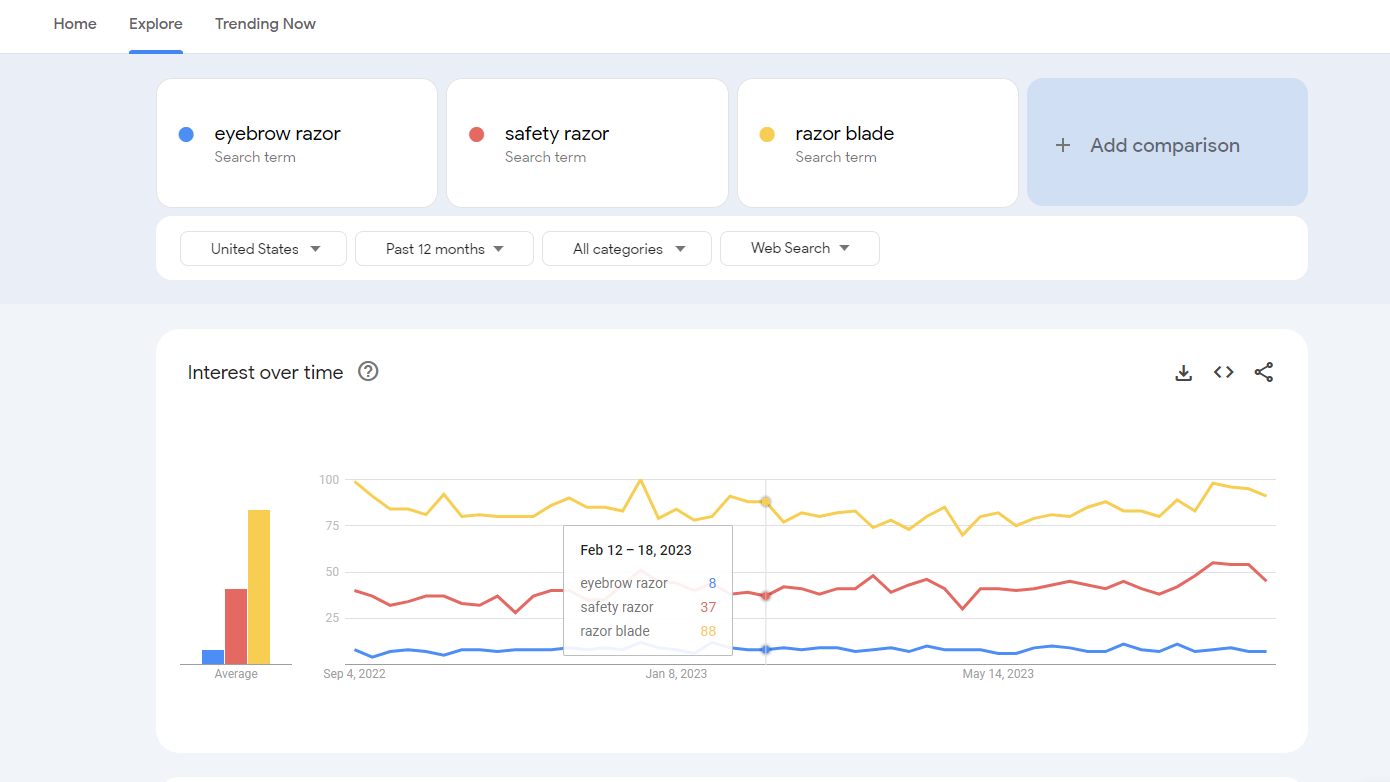What Types of Stores Suitable for Your Business?
Online store
- Dependent website platforms
Platform Features Advantages Disadvantages WordPress Flexible, customizable, thousands of themes and plugins Powerful capabilities, great for developers, large user community Can be complex for beginners, requires regular updates and maintenance Wix Easy-to-use website builder, drag-and-drop interface User-friendly, flexible design options, includes hosting Less advanced features for complex sites, can be slow Squarespace Designer-quality templates, easy to use interface Beautiful designs, good for small businesses, includes hosting Limited customization, less flexibility compared to WordPress Weebly Web hosting with drag-and-drop website builder User-friendly, good for small businesses, includes hosting Limited customization, less advanced features for complex sites Joomla Free and open-source, flexible, powerful Good for complex, data-heavy websites, large user community Steeper learning curve, requires technical knowledge Drupal Free and open-source, powerful and flexible framework Great for complex, data-heavy websites, very secure Steeper learning curve, requires technical expertise GoDaddy Website Builder Simple website builder, offered by domain name registrar GoDaddy Good for basic online presence, easy to use Not as robust or flexible as other platforms Zyro AI-driven tools, easy-to-use interface User-friendly, innovative features, includes hosting Newer platform, fewer third-party integrations Magento Highly customizable, feature-rich, open-source Powerful platform, scalable, lots of features Requires technical knowledge, can be expensive
- E-commerce platforms
Platform Features Advantages Disadvantages Shopify User-friendly, extensive customization, strong third-party app integration Easy to use, strong technical support, variety of design options Monthly fees, additional transaction fees if not using Shopify Payments WooCommerce Free plugin, turns WordPress site into online store Low cost, highly customizable with WordPress plugins Requires WordPress, performance depends on web hosting BigCommerce Hosted solution, set up online store easily No transaction fees, good customer service, includes hosting Can be expensive, less customizable than some platforms PrestaShop Free, open-source, over 300 built-in features Lots of features, customizable, community support Requires technical knowledge, add-ons can be expensive 3dcart Feature-rich platform, wide range of themes Lots of features, good for businesses of all sizes User interface can be less intuitive, some reports of poor customer service Volusion Fully cloud-based, comprehensive set of features Good customer support, includes hosting Can be expensive, less intuitive user interface
How to Open a Off-line store
The types of off-line store
- Brick-and-mortar store
Brick-and-mortar stores are physical retail locations that customers can visit to make purchases. They can be stand-alone stores or part of a larger shopping center or mall. Unlike online stores, brick-and-mortar stores allow customers to see, touch, and try products before making a purchase. They also offer the opportunity for in-person customer service and community engagement.
- Pop-up shop
A pop-up shop is a temporary retail space that is typically open for a short period of time, often just a few days or weeks. Pop-up shops can be used to generate buzz around a new product or brand, test out a new market, or take advantage of seasonal shopping trends. They can be located in a variety of spaces, from vacant storefronts to outdoor markets. Pop-up shops can be a cost-effective way to reach customers and test out new retail strategies.
- Mobile shop
A mobile shop is a retail store that is housed inside a vehicle, such as a food truck or trailer. These shops offer the convenience of a brick-and-mortar store, but with the added flexibility of being able to move to different locations depending on customer demand. Mobile shops can be used to sell a variety of products, from food and beverages to clothing and accessories. They are particularly popular in urban areas with high foot traffic and limited retail space.
- Kiosk
A kiosk is a small, standalone retail space that is typically located in a high-traffic area, such as a shopping mall or airport. Kiosks are designed to be easy to set up and run, with minimal overhead costs and staffing requirements. They can be used to sell a variety of products, from food and beverages to electronics and accessories. Kiosks are a popular option for entrepreneurs looking to start a retail business with low startup costs and flexible location options.
- Specialty store
A specialty store is a retail store that focuses on a specific type of product or niche market. These stores offer a wide selection of products within their specialty, and often provide a high level of expertise and customer service. Examples of specialty stores include toy stores, pet stores, and music stores. Specialty stores can be a great option for entrepreneurs with a passion for a particular product or industry.
Steps to start an off-line store
- Determine the type of store you want to open, such as a brick-and-mortar store, pop-up shop, mobile shop, kiosk, or specialty store.
- Research potential locations for your store, considering factors such as foot traffic, accessibility, and rent costs.
- Obtain any necessary licenses and permits for your business and location.
- Determine your budget and secure funding if necessary.
- Source inventory and equipment for your store.
- Hire and train staff if needed.
- Develop a marketing strategy to promote your store and attract customers.
By following these steps, you can successfully start an off-line store.
How to choose the products to sell?
There are several steps and tools to consider when choosing products to sell:
- Refine your idea: When it comes to refining your idea, it’s important to take a step back and evaluate it from different angles. Consider the potential market for your idea, the competition, and any potential roadblocks you may face in bringing your idea to fruition. It may also be helpful to gather feedback from others to gain a fresh perspective and identify areas that could be improved upon. Once you have a clear understanding of your idea and its potential, you can start brainstorming ways to enhance and expand upon it. This could involve conducting additional research or exploring new partnerships and collaborations. Remember, refining your idea is an ongoing process that requires patience, creativity, and persistence.
- Research your market: Use tools like Google Trends, Amazon Best Sellers, and social media to identify popular products and trends in your niche.

- Identify your target audience: Determine the demographics and preferences of your ideal customer to better understand what types of products they are interested in.
- Consider your unique value proposition: Choose products that align with your brand and offer something unique to your customers.
- Analyze your competition: Research your competitors to identify gaps in the market and opportunities to differentiate your products.
- Evaluate product demand and profitability: Use tools like Jungle Scout, Helium 10, or AMZScout to analyze product demand, competition, and profitability.
By following these steps and using these tools, you can identify the best products to sell for your business and target audience.
Here are some general tips to consider when starting a business:
Assess your personal financial situation:
Starting a business can be expensive, and it’s important to have a clear understanding of your personal finances before taking on the risk of entrepreneurship. Consider how much money you have saved, how much debt you have, and how much income you need to support yourself and any dependents.
Research your local financial situation
Different regions have different economic conditions and regulations that can affect the viability of a new business. Research the local market and speak with other entrepreneurs in your area to get a better sense of what to expect.
Understand policies and regulations
Depending on the industry and location, there may be specific policies and regulations that you need to comply with in order to start and run your business. Research these requirements and seek professional advice if necessary.
Develop a business plan
A business plan is a roadmap for your company that outlines your goals, strategies, and financial projections. It’s important to have a solid business plan in place before investing time and resources into your business.
Network and build relationships
Networking with other entrepreneurs, industry leaders, and potential customers can help you gain valuable insights and connections that can benefit your business. Attend networking events, join professional organizations, and reach out to people in your industry to start building relationships.
Stay adaptable
Starting a business can be unpredictable, and it’s important to stay adaptable and open to change as your company grows and evolves. Be willing to pivot your strategies and adjust your goals as needed to stay competitive and meet the needs of your customers.
Remember that starting a business is a major undertaking, and it’s important to do your research, seek advice, and be prepared for the challenges ahead.







